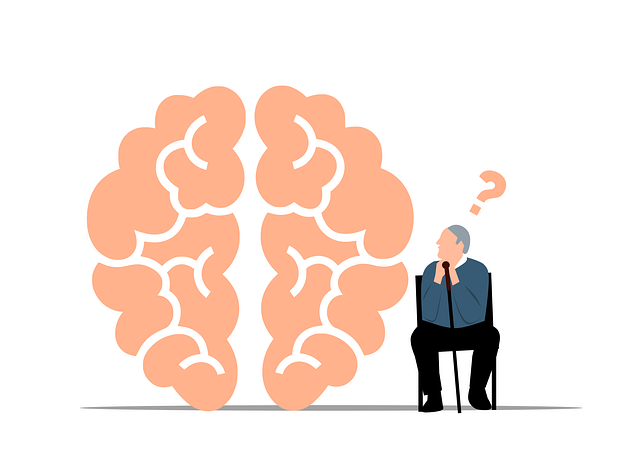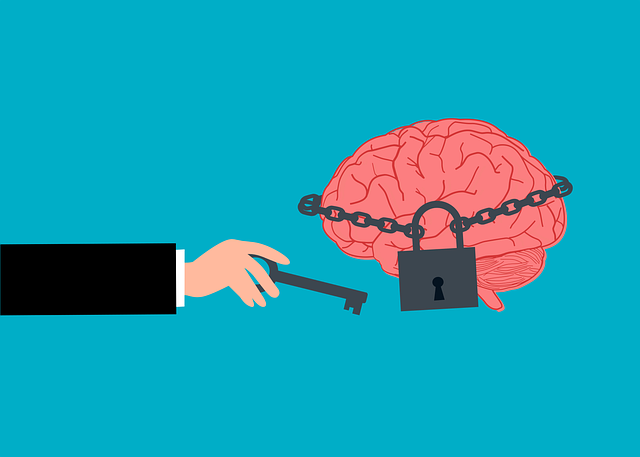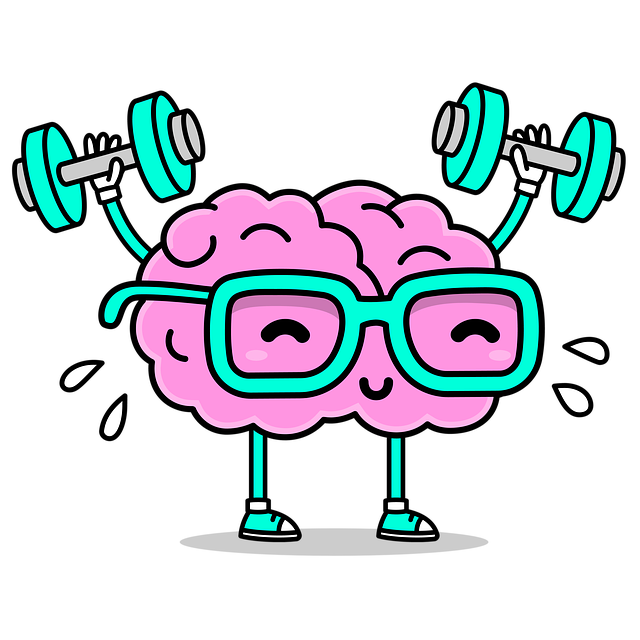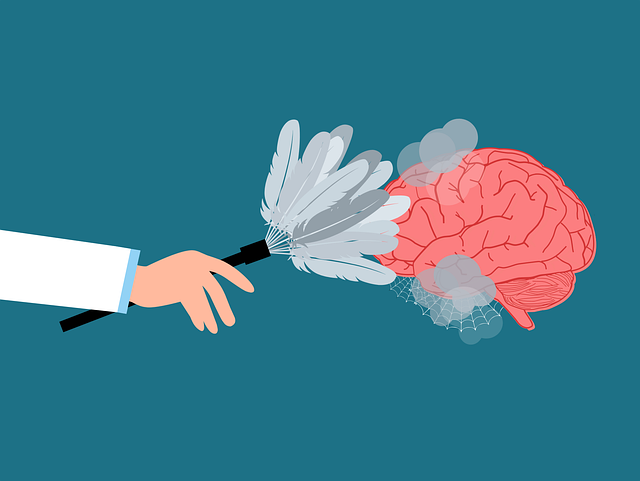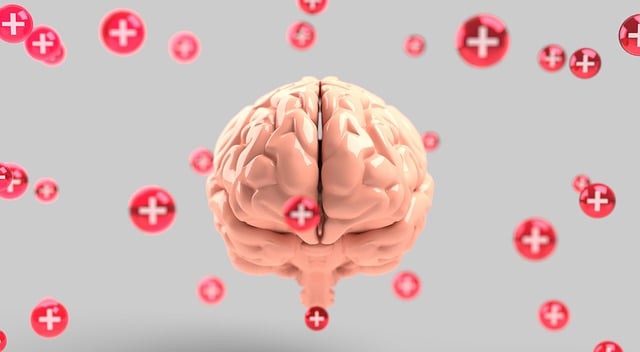Emotional intelligence (EI) is a powerful tool for young adults, especially those suffering from PTSD, as it significantly impacts their well-being. Therapy plays a vital role in managing PTSD symptoms through cultural sensitivity and social skills training, fostering emotional regulation, healthier relationships, and improved quality of life. Early intervention, evidence-based practices, open dialogue about trauma, and stress management techniques are key components. Mental wellness podcasts offer accessible resources, while crisis intervention guidance provides immediate support. Cultural competency training for healthcare providers is crucial to address the unique emotional needs of diverse young adults dealing with PTSD.
Emotional intelligence is a powerful tool for young adults navigating a complex world. This article delves into the profound impact of enhancing EQ, focusing on its benefits for mental health and overall well-being. We explore crucial aspects, including understanding post-traumatic stress disorder (PTSD) and its treatment in therapeutic settings. Additionally, practical strategies are offered to build resilience, fostering a healthier and more fulfilling life for young adults. Discover how investing in emotional intelligence can revolutionize their journey towards personal growth.
- Understanding Emotional Intelligence and its Impact on Young Adults
- Identifying and Overcoming Post-Traumatic Stress Disorder (PTSD) in a Therapeutic Setting
- Strategies for Building Resilience and Enhancing Emotional Well-being
Understanding Emotional Intelligence and its Impact on Young Adults

Emotional intelligence (EI) is a powerful tool for young adults navigating their personal and professional lives. It involves recognizing, understanding, managing, and utilizing emotions effectively—a skill set that can significantly impact their overall well-being. For those who have experienced post-traumatic stress disorder (PTSD), building EI becomes an essential component of therapy for young adults.
In the context of mental healthcare for young adults, cultural sensitivity in mental healthcare practice plays a pivotal role. By integrating social skills training and stress reduction methods, therapists can help individuals process and express emotions healthily. This approach not only aids in managing PTSD symptoms but also fosters better emotional regulation, leading to enhanced relationships and improved quality of life.
Identifying and Overcoming Post-Traumatic Stress Disorder (PTSD) in a Therapeutic Setting

Many young adults struggling with Post-Traumatic Stress Disorder (PTSD) find solace and healing in therapeutic settings. Recognizing and addressing PTSD is a crucial step in their journey towards emotional intelligence development. Therapy offers a safe space to process traumatic experiences, which is particularly important given that undiagnosed or untreated PTSD can lead to significant challenges in daily functioning and mental wellness.
In the context of therapy for young adults with PTSD, healthcare providers play a pivotal role in Burnout Prevention Strategies. Effective treatment often involves evidence-based approaches tailored to each individual’s unique experiences. By integrating Stress Management techniques into therapy sessions, professionals empower clients to develop coping mechanisms that foster resilience. Engaging in open conversations about traumatic memories, triggers, and emotional responses allows for profound personal growth and improved mental wellness, as evidenced by the popularity of Mental Wellness Podcast Series Production among this demographic.
Strategies for Building Resilience and Enhancing Emotional Well-being

Building resilience is a crucial aspect of emotional intelligence development, especially for young adults navigating life’s challenges. Therapy for young adults often emphasizes techniques to cope with stress and trauma, such as those experienced in post-traumatic stress disorder (PTSD). Crisis intervention guidance plays a significant role here, offering immediate support during distressing situations. Through therapy, individuals learn to identify and manage their emotions effectively, fostering mental wellness.
Mental wellness podcast series production can be a powerful tool for spreading awareness and providing accessible resources. These podcasts often offer practical strategies for enhancing emotional well-being, including mindfulness exercises and cognitive reframing techniques. Additionally, healthcare provider cultural competency training is essential in ensuring that support systems are equipped to help diverse populations, addressing unique emotional needs with sensitivity and effectiveness.
Emotional intelligence is a powerful tool for young adults navigating life’s challenges. By understanding and managing their emotions, individuals can enhance their resilience and overall well-being. The strategies outlined in this article, including therapeutic interventions for post-traumatic stress disorder (PTSD), provide a roadmap for personal growth. Through recognizing emotional triggers, developing coping mechanisms, and fostering healthy relationships, young adults can build a strong foundation for a fulfilling future, ensuring they are equipped to handle life’s ups and downs with increased confidence and adaptability.
